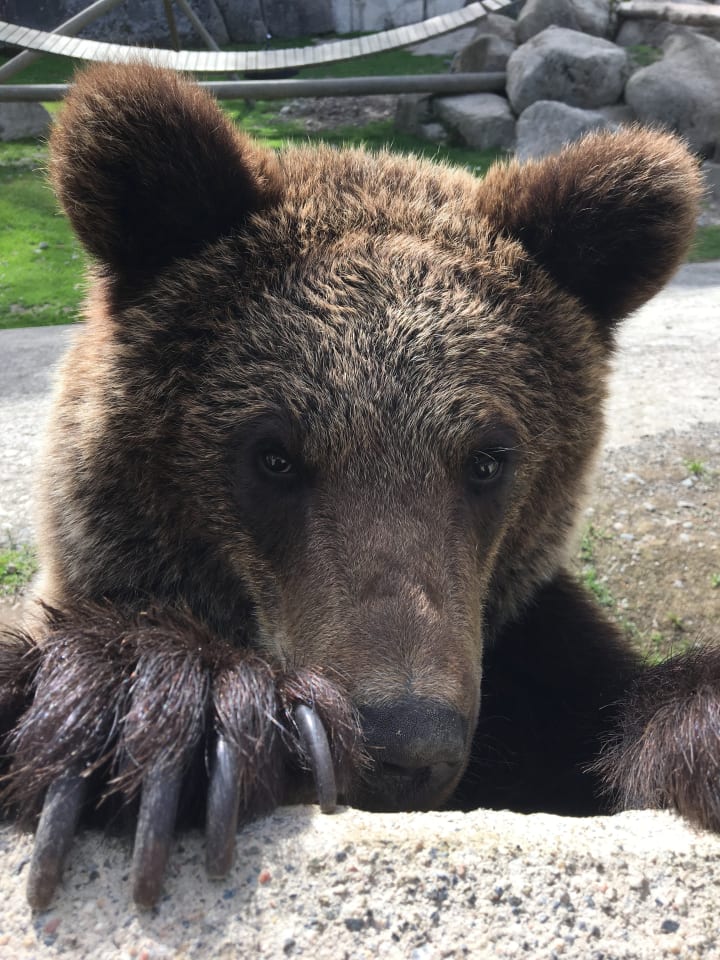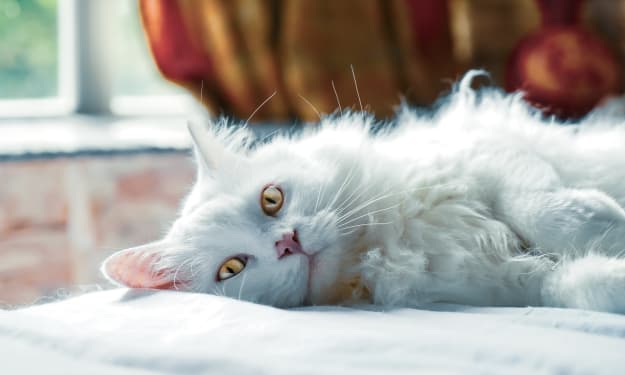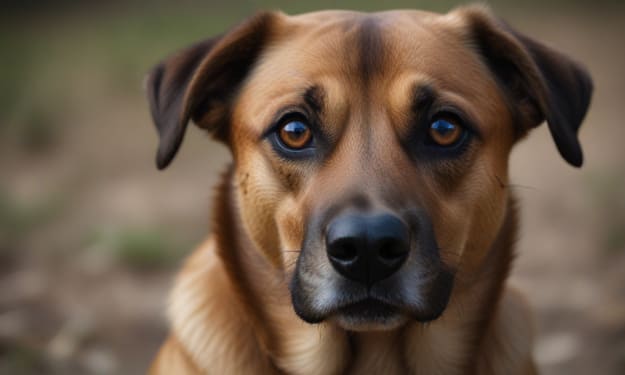
Among the many refugees from Ukraine, there is also Masha, a circus bear, whose dream is to be free. Just like many other circus animals, she has been taken away from her mother as a baby, and trained to become a circus performer against her will. For 19 years she has been forced to dance in circuses and spent her days in a small cage, where she could barely move. She was just a few months old when she began to learn how to ride a bike or jump through circles for the amusement of the public. She never enjoyed doing that, but, as an animal, she never had the choice to live otherwise. There was nowhere she could ask for help. She felt, lonely, sad, scared, but nobody seemed to ever care about her feelings. She only lived to amuse people. Now, that she is too old to perform, thanks to the BF Nathan Foundation in Ukraine, she will be welcomed in the AMP Libearty Bear Sanctuary in the European Union, where she will finally be able to feel what freedom is.

Just like Masha, there are thousands of innocent animals, abused in circuses, for the sake of profit, and for the amusement of people. The colors and the music of circuses, disguise the real abuses that happen there. To a spectator, the circus may appear like a wonderful world, where acrobats and animals make a wonderful show, yet, behind this show, there is a lot of animal suffering. If spectators knew about the cruel training methods, the poor treatment, the cramped confinement, and the bad travel conditions, circuses would probably no longer be visited.

More than 90% of circus animals spend their lives in chains or cages. Their freedom of movement is limited, and so are their contacts with other members of their own species. They are removed as babies from the protection of their mothers and forced to do things that are unnatural for them. Tigers, for example, have a natural fear of fire, yet they are forced, under the threat of punishment, to jump through fire hoops and sometimes have been burnt while doing so.
Animals are forced to perform by means of tools that inflict pain, such as electric prods, whips, bullhooks, or muzzles. This brutal treatment not only leaves physical scars on the poor animals but also scars them psychologically. They are traumatized by this type of treatment, and as a result, they feel anxiety or depression and have to battle these conditions on their own, because there is no help available for them.

During the off-season, circus animals are confined in small cages, where they can barely move and risk muscular atrophy. But the worst effect of confinement is the mental disorder called zoochosis. It is characterized by stereotypic behavior, such as bar biting, head bobbing, self-mutilation, vomiting, coprophagia, circling, pacing, or excessive grooming. These behaviors have never been seen in free animals, just in captive ones. Captivity causes immense mental suffering to the poor animals because they are separated from their natural habitat, have contact with people, instead of members of their own social group, and have a reduced amount of sensory stimulation, and this fact induces a sensation of fear and stress.

In the case of elephants, the fact that they have to stand on hard surfaces for many hours as well as the lack of exercise, have as a consequence the development of diseases such as arthritis and infections in their feet, which can sometimes even lead to the death of the animal. They are kept in leg shackles, that prevent them from taking large steps.

Because circuses travel constantly, the animals have inadequate care, lacking warmth, water, food, or proper veterinary care. They are forced to inactivity and are allowed out of the cage only when they are trained and during the shows. The physical punishment they endure during training marks them psychologically. Some animals get drugged, to make them easier to be trained, or are being mutilated, by having their claws or teeth surgically removed.
Happily, nowadays people are becoming more aware of this mistreatment, and this is why circuses that use animals, have started being banned in certain regions. Countries like Sweden, Greece, Israel, and Peru have completely banned the use of animals in circuses.






Comments
There are no comments for this story
Be the first to respond and start the conversation.